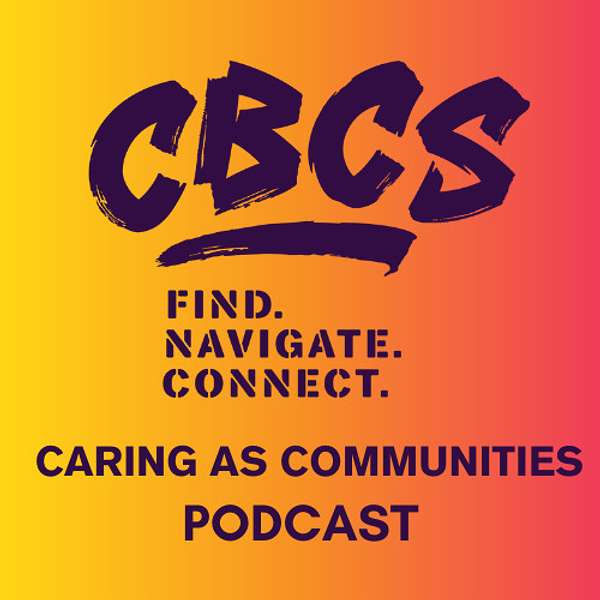
Caring as Communities
A monthly podcast aimed at addressing gaps in healthcare for our nation’s most vulnerable patients. Caring as Communities interviews healthcare leaders across the country to discuss what care teams, communities, and government agencies are doing to better support individuals with unique care needs—including mental and behavioral health, substance use disorder, social determinants of health, and other complexities of care.
Caring as Communities
Addressing Rises in Substance Use Disorder Post-COVID-19
Use Left/Right to seek, Home/End to jump to start or end. Hold shift to jump forward or backward.
The CDC recently indicated that a new record was established in 2019, with 71,000 Americans dying of drug overdoses. Since then, social distancing, unemployment, and the subsequent depression and anxiety have lead to a spike in substance use disorder and overdoses.
Listen as we discuss what can be done to address the rise in substance use disorder in the wake of COVID-19.
Guests:
- Anne Zink, MD, FACEP and Chief Medical Officer for the State of Alaska
Anne grew up in Colorado and moved through her training from College in Philadelphia to Medical School at Stanford and then Residency at University at Utah. She then decided to take a leap of faith to try a job in Alaska for a few years. She fell in love with the people and the place, but also the medicine. Alaska is a small isolated microcosm on the US health care market where certain forces like the distance, lack of referral centers, and no managed care challenge individual providers to help create better systems of care that are directly related to bedside care. In 2016, she helped Alaska pass legislation similar to Washington state's "Seven Best Practices" and has been working closely with state and federal agencies since then to expand and extend its work to include VA, DOD, and IHS facilities (and more!). What she has loved about Alaska is that it matters more if you catch your own fish than which school you went to—which helps keep her love for the mountains, her family, and her friends a top priority. - Hon. Nathaniel Schlicher, MD, JD, MBA, FACEP, St. Joseph’s Medical Center, Regional Director of Quality Assurance for Franciscan Health System and Associate Director of the TeamHealth Litigation Support Department.
Nathan attended Law School and then Medical School at the University of Washington before completing an EM residency at Wright State in Dayton, Ohio, with board certification in Emergency Medicine. He recently completed his Masters in Business Administration with an emphasis in Health Care.
As Legislative Affairs Chairman of the Washington State Chapter of Emergency Physicians, Dr. Schlicher spearheaded the “ER for Emergencies” program to replace the State’s plan to deny ER services to Medicaid patients. He created and has edited five editions of a textbook on the importance of advocacy by physicians, “The Emergency Medicine Advocacy Handbook.” He currently serves as President Elect of the Washington State Medical Association and is a Past President of the Washington Chapter of the American College of Emergency Physicians. He has previously served as the Legislative Advisor on the Board of Directors of the Emergency Medicine Residents’ Association. He also spent a year in the Washington State Senate, representing the 26th District, where he continued his work on healthcare advocacy. He continues to work with interested parties on health policy topics, including renewed focus on the opiate and mental health crises affecting the state.